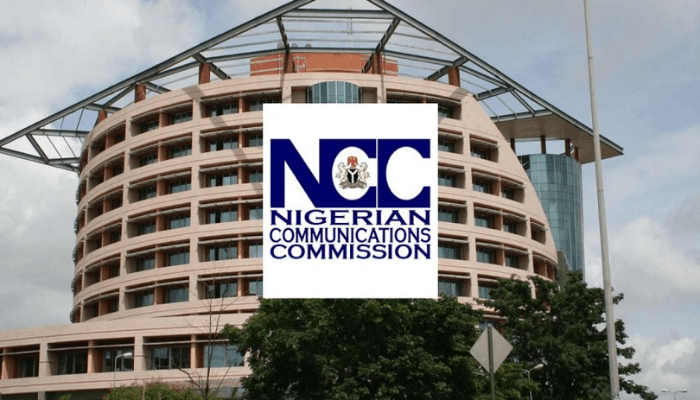Fifth-generation (5G) and sixth-generation (6G) technology and other advancements in network technology increase the risk of cyberattack, the Executive Vice Chairman of the Nigerian Communications Commission, Dr Aminu Maida, has disclosed.
The NCC boss noted this is because of the increased interconnected devices and denser network infrastructure. He stressed that network advancements come with the responsibility of addressing new risks, from cybersecurity threats to ethical considerations.
Maida revealed this during a two-day Telecoms Industry Risk Management conference in Lagos.
The conference, themed ‘Evolution and Future Risk Management in the Telecoms Industry: Harnessing Emerging Technologies and Trends,’ aims to address new challenges that come with technological advancements.
Speaking through Mr. Ubale Maska, the Commission’s Executive Commissioner for Technical Services, Maida said, “While we discuss the current landscape of 5G networks, which boast of wider attack surface due to the increased number of connected devices and denser network infrastructure, it is imperative to even cast our gaze into the future.”
As more people get online, the risk of attack increases. Commenting on risks associated with 6G, the NCC’s CEO noted, “We are witnessing the dawn of 6G technology, the next frontier in wireless communication. With promises of even faster speeds, lower latency, and groundbreaking applications, 6G has the potential to revolutionise how we experience connectivity.”
In 2023, GSMA, the global association of telecom operators, revealed that 5G will be exposed to more cyber threats because of its higher data speeds and lower latency.
Samantha Kight, head of industry security at GSMA, explained that higher data speeds and lower latency will provide cybercriminals with new opportunities to launch sophisticated attacks.


